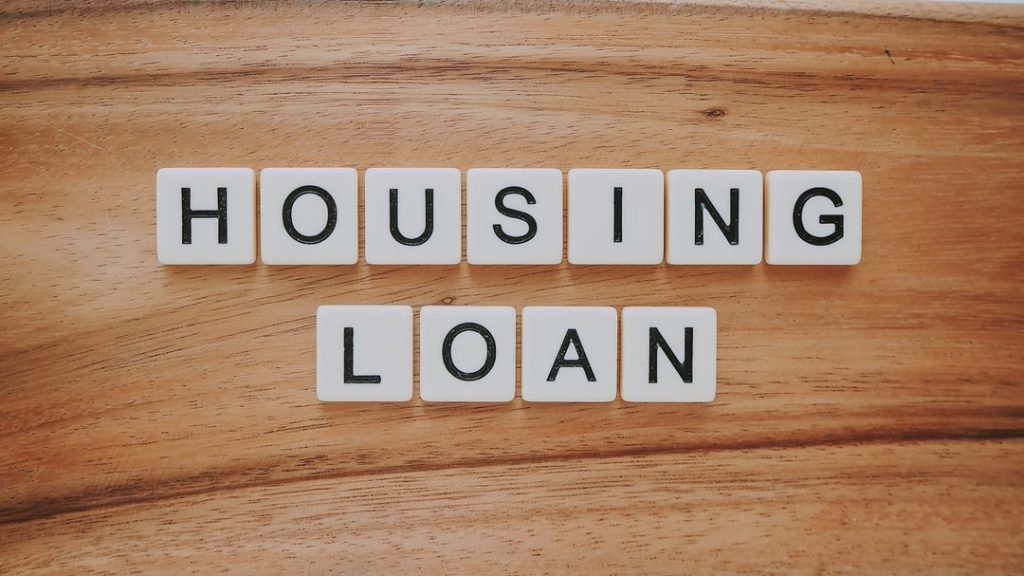
Securing a home loan is a crucial step in the process of moving out of the life of a renter and into homeownership. Sadly, many people start planning for their first home-buying experience too late and have to settle for an even longer waiting period or unfavourable loan repayment terms.
Gaining the foothold you need to start your journey as a property owner takes patience and a long-running strategy for finding the success that you deserve. In Australia, first-time homebuyers are getting older, now at 35, on average. This means that typical buyers have a few extra years to execute their plan, but only if you are actively working toward this goal will you find the benefit of those years.
Home loans begin with credit histories
The first and most important thing you can do as a buyer is protect your credit score and credit history. These act as a guide for lenders as they consider your application for a new home loan. Without a great credit score, you may just have to wait a little longer to get approved for the funding you need to make this important purchase. Home-buying is complicated, and so is the credit scoring formula. Yet the basic nature of this element of financial information is distilled into a few easy-to-understand pieces.
First, your credit score is primarily based on revolving credit utilization. The more available credit you possess without making use of it, the more trustworthy you appear as a borrower in future lending opportunities. The logic of this is fairly straightforward. If you show a history of having a large reservoir of cash at your disposal, yet you choose not to activate it and instead maintain your lifestyle solely with the cash flow at hand, you represent yourself as a fiscally responsible individual. Banks like this.
As well, the length of your credit history plays a major role in the calculation. A years-long credit history that shows this care for financial health is a lot more compelling to a bank manager than a similar report that’s only a few months old. When pursuing a home loan as a borrower, length of credit history and good stewardship over the cash that lenders make available to you are both crucial elements and provide the major test of your overall creditworthiness.
Save for the down payment for as long as it takes

A great buying opportunity may come out of nowhere. Those who start saving to build their dream home in the years before they get serious about looking for a property of their own are in a better position overall than the vast majority of buyers in the market. This is because saving for the down payment necessitates the conversation—either with a partner or spouse or simply as an internal dialogue—about how much you can afford to spend on a new property. Understanding your budget gives you a firm target to aim for when saving for the down payment (which has traditionally hovered around 20 percent of the list price).
By budgeting before you start saving, you can build a framework for how many months it will take you to create the pool of cash needed to hit the market. This is the perfect way to create and execute a buying strategy that will work for your and your family’s needs. Creating a calendar that incorporates these savings goals front and center is a great way to always hit your targets, and at the end of the road—be it months or even years—you will be poised for the home-buying opportunity you’ve waited so long to find.
Making sure that you’re ready to buy when the perfect property comes your way is a years-long endeavor. Start early and you won’t be sorry.


